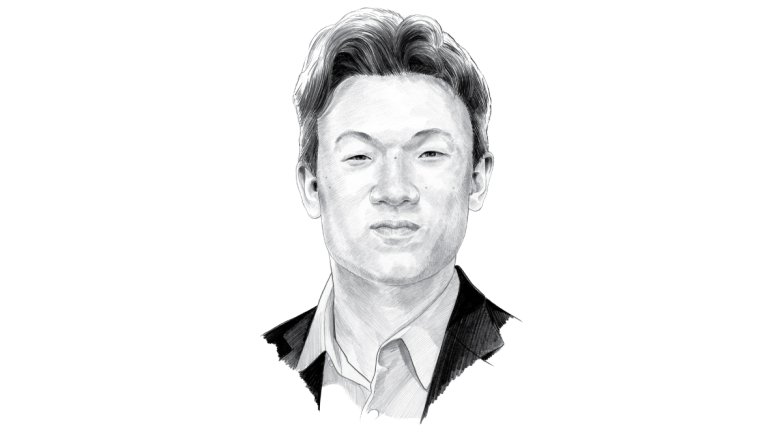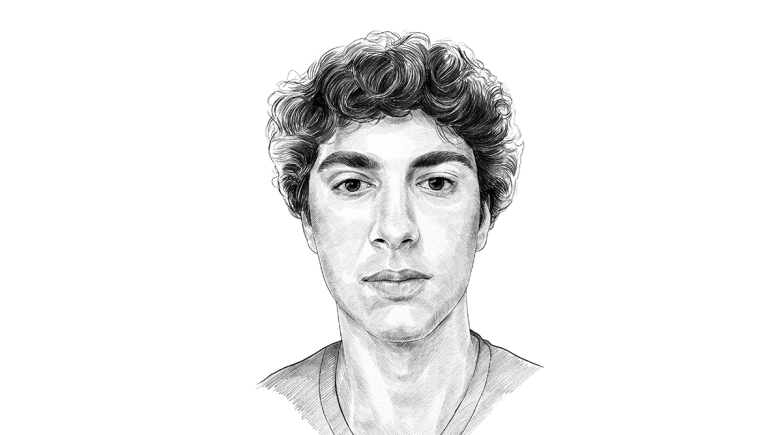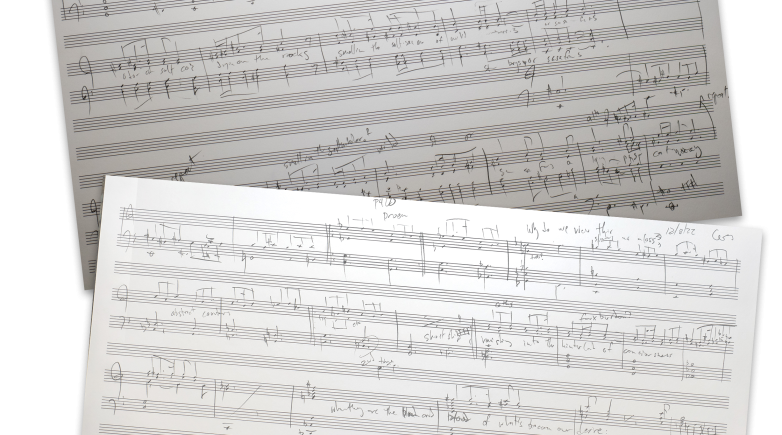Finis Origine Pendet: A Walk Through History
When you enter the Winter Street Cemetery west of Exeter’s campus, you become immersed in a tangible sense of time. Weathered tombstones lean at odd angles, their inscriptions, faded by time, moss and lichen, make them almost illegible. Among them, I found the grave of John Taylor Gilman, a former governor of New Hampshire, who died in 1828. His name was engraved on a large marble stone whose cracks laid bare two centuries of decay.
John Taylor Gilman and his brother, Nicholas, who signed the U.S. Constitution, embodied the spirit of American innovation, leadership and commitment to public service that had defined the nation’s character. As America is engulfed in a tumultuous period of political change, I found myself contemplating how our values, the values that define the American character, have changed too.
——————
Within the centuries of established New England elite who fill the cemetery lies a different tale of American history. The Evening Gazette in 1898 described the Winter Street Cemetery as an “old burying ground ... surrounded by a two-board fence with two gates, one on Front Street for white people, and one at the back for colored people.” Today, the fences and divisions have disappeared, a symbol of the continuing social progress in our country.
Perhaps even more striking was a polished stone standing in the far left corner of the
cemetery. As I walked closer, the engraved name Jude Hall came into view, followed by a brief biography: “Born ca. 1760. Slave of Philemon Blake of Kensington. Fought in Battle of Bunker Hill, served till the end of the Revolutionary War, 1783. Married Rhode Paul, 1786. Lived as a free man on Drinkwater Road Exeter. Died ca. 1827. Buried in this yard. This stone erected A.D. 2000.” Two centuries after his death, the story of Jude Hall exemplifies the racial tensions and struggles throughout American history.
——————
Two weeks before my visit to the cemetery, I voted in the New Hampshire primary. Performing my civic duty to engage in the democratic process of the United States, I felt a sense of pride for how far we’ve come. I could stand in front of the grave of an enslaved American, Jude Hall, and truly believe that if he saw America’s new cultural dynamic, he’d find an imperfect but far more welcoming world to live in. Countless immigrants have set foot on American soil, my parents among them, seeking a new beginning, bringing into focus the enduring promise of the United States. It’s a promise that, despite its imperfections and the ongoing struggles for equality and jus- tice, offers a foundation for hope.
But today, our hope for the continuation of the fragile democratic values that the founding fathers sought to instill in Americans is fraying as we face a new crisis. It’s hard to pinpoint why our country’s divisions are growing. What has become clear to me is the self-perpetuating cycle of divisive rhetoric and actions that permeate today’s political spectrum. It is within this division that my vote in the New Hampshire primary was one of both impassioned hope and fear: hope for the continued success of our country’s values and its unprecedented economic prosperities; fear from the ever-present danger of the corruption of our democracy. We should all have a keen interest in preserving what it means to be American, to uphold the values of democracy, freedom and unparalleled individualism that transcend the individual.
John Taylor Gilman, Jude Hall and many millions who represent the American past fought for the values that they believed defined America. And as I walked through these storied markers of our history, contemplating the sacrifices they made to do their jobs, I felt a pro- found sense of duty to do mine.
Editor's note: Charles Gao '24 wrote this piece for a winter term class, ENG 583: Stranger in a Strange Land. This poem first appeared in the Spring 2024 issue of The Exeter Bulletin.



